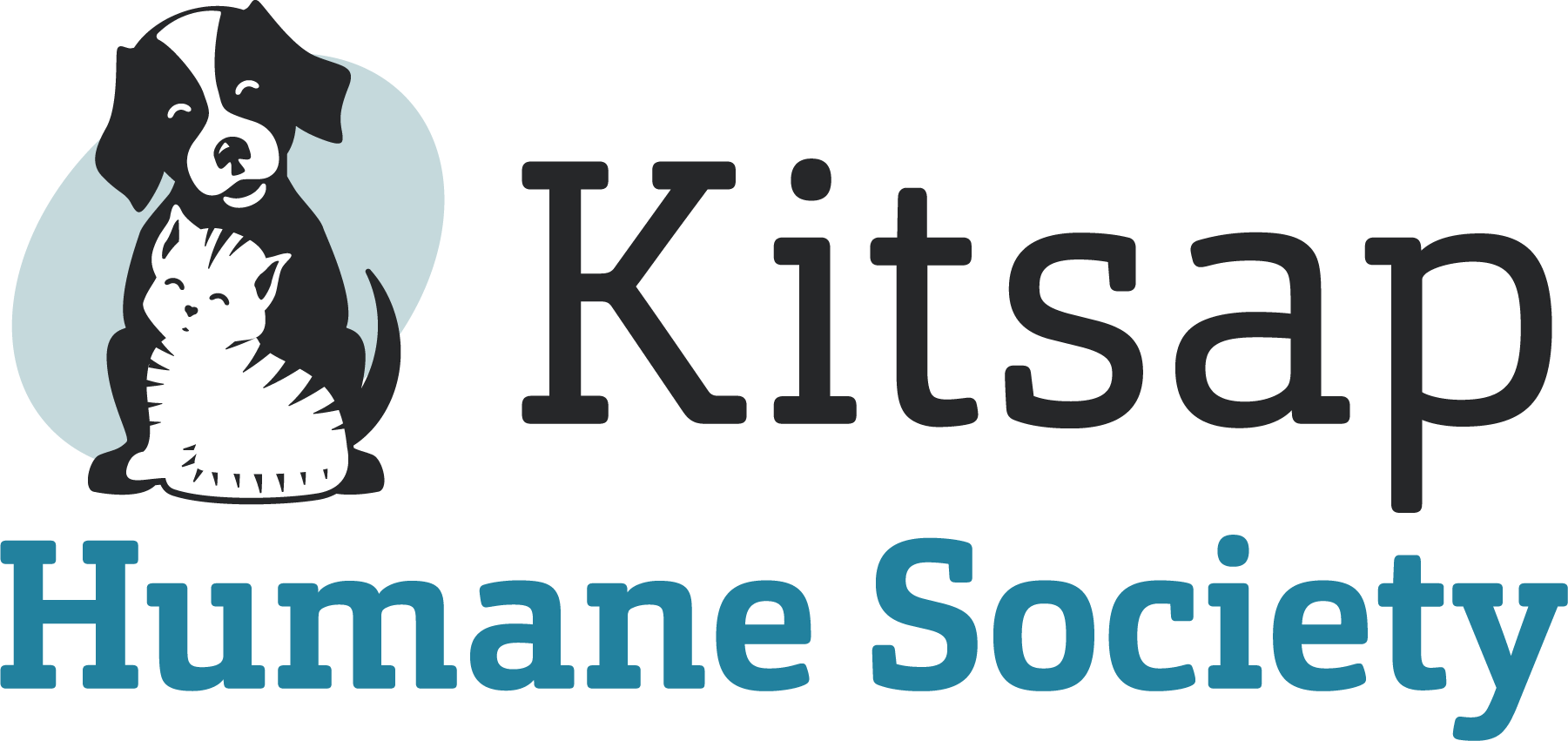How the CARES Act Benefits Donors to KHS
May 6, 2020
website creator The Coronavirus Aid, Relief and Economic Security — the CARES Act — was signed into law on March 27, 2020. It provides $2 trillion in emergency economic aid with tax relief and cash payments for individuals and has provisions for donors who want to help organizations like Kitsap Humane Society.

We checked in with KHS supporter and wealth advisor Clint Boxman of the Latitude 48 Group in Kingston, for a recap of how the legislation might affect you. Here is what he shared:
Charitable Contributions
The CARES Act provides opportunities for individuals to increase deductions for charitable contributions on their 2020 tax return.
- Individuals who take the standard deduction can deduct up to $300 of cash donations to most charities.
- For individuals who itemize, the CARES Act lifts the limitations on cash charitable contribution deductions from 60% of adjusted gross income (AGI) to 100% of AGI for most charities.
Relief for Retirees
Individuals who have Required Minimum Distributions (RMDs) for their retirement accounts (i.e – IRA’s or 401(k)’s) may be concerned about having to take those distributions with the market down. The CARES Act provides options:
- RMDs for 401(k)s and IRAs have been suspended and are not required in 2020. This would include an RMD normally due by April 1 for individuals who turned 70 ½ in 2019, but only if the individual did not take their RMD in 2019.
- While it is no longer mandatory this calendar year, you can still make qualified charitable distributions (QCD’s) from your IRA or 401k. A QCD allows for someone to take money from a pre-taxed account and send it directly to a non-profit organization while not paying taxes on the distribution and still getting 100% of the contribution deemed charitable. Talk with you Financial Advisor and CPA/Accountant for more information on this topic.
- If itemizing tax deductions, consider lumping charitable contributions for multiple years in one calendar year. This may allow you to itemize in a given high-income earnings year and off-set your tax liabilities and/or allow individuals to carry forward unused tax deductions for future years until those deductions are exhausted. Once again, talk with you Financial Advisor and CPA/Accountant for more information on this topic.



